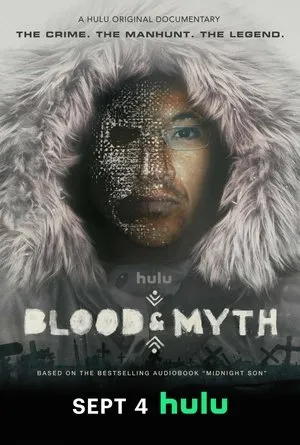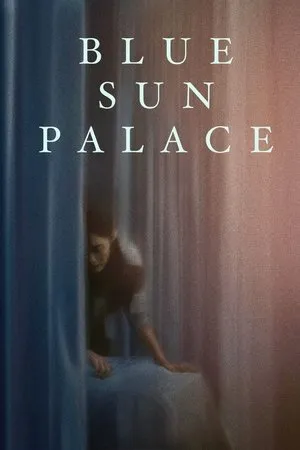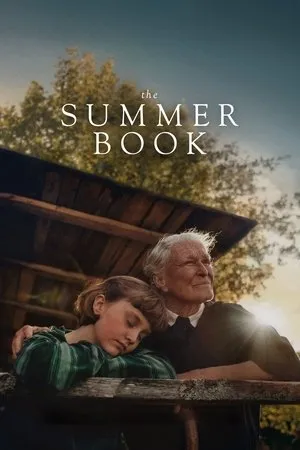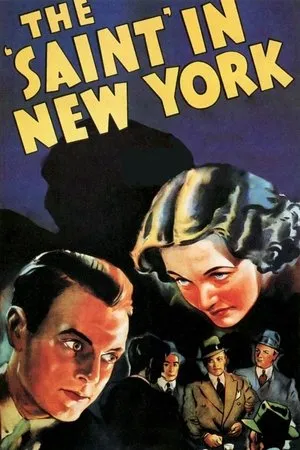The film “The Last Front,” set against the backdrop of World War I, immerses viewers in the lives of the Lambert family as they navigate the chaos and heartbreak of war in a small Belgian village. The story centers on Leonard Lambert, a devoted husband and father, whose primary concern is the safety and well-being of his family as the relentless German forces advance. His struggle is not just against the external threat of war but also against the internal turmoil of trying to maintain normalcy and protect his loved ones in the face of overwhelming adversity. The narrative skillfully weaves together the broader historical context with the intimate experiences of a family caught in the crossfire. Leonard’s character embodies the resilience and determination of ordinary people forced to confront extraordinary circumstances. His decisions and actions reflect the moral complexities of war, where the lines between right and wrong often blur, and survival becomes the ultimate imperative. Amidst the devastation, a tender love story emerges between Adrien Lambert, Leonard’s son, and Louise Janssen, a local villager. Their relationship offers a glimmer of hope and humanity amidst the darkness of war. This subplot explores the themes of love, connection, and the enduring power of the human spirit to find solace and meaning even in the most challenging times. Adrien and Louise’s love story serves as a poignant reminder that even in the midst of destruction, life and love can still flourish. The film’s setting in a small Belgian village adds to its intimate and personal feel. The close-knit community is disrupted by the arrival of war, and the villagers are forced to confront the harsh realities of conflict. The film captures the sense of fear, uncertainty, and displacement that war brings to ordinary people’s lives. The village becomes a microcosm of the larger conflict, reflecting the widespread suffering and upheaval caused by World War I. The historical accuracy and attention to detail in “The Last Front” enhance its emotional impact. The film portrays the brutal realities of war without romanticizing or glorifying violence. Instead, it focuses on the human cost of conflict, highlighting the sacrifices, losses, and enduring trauma experienced by those who lived through it. The film’s exploration of these themes makes it a powerful and thought-provoking commentary on the nature of war and its impact on individuals and communities. “The Last Front” is a compelling and moving film that offers a fresh perspective on World War I. By focusing on the experiences of a single family in a small village, the film brings the historical conflict to life in a personal and relatable way. The performances are strong, the direction is assured, and the story is both heartbreaking and uplifting. The film’s themes of love, loss, resilience, and the enduring power of the human spirit resonate deeply, making it a memorable and impactful cinematic experience. The film serves as a reminder of the importance of remembering the past and learning from the mistakes of history. It also celebrates the courage and strength of ordinary people who faced extraordinary challenges during one of the most devastating conflicts in human history. “The Last Front” is a must-see for anyone interested in war dramas, historical films, or stories about the human condition.
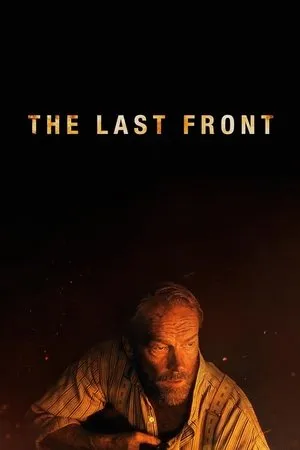
The Last Front (2024)
Set in a Belgian village at the onset of World War I, "The Last Front" follows the Lambert family as they are drawn into the center of the conflict. Leonard Lambert, a dedicated husband and father, struggles to safeguard his family as German forces approach their village. Amidst the chaos of war, a delicate love story unfolds between Adrien Lambert, Leonard’s son, and Louise Janssen, a local villager, adding a layer of humanity to the backdrop of devastation.
